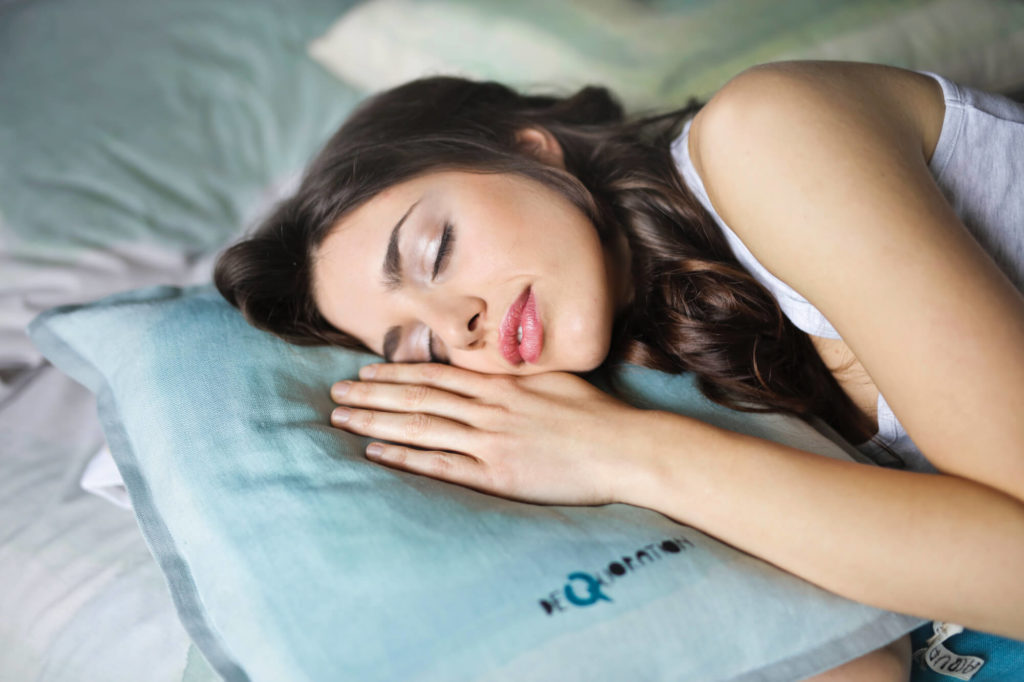Doctors recommend at least 7 hours of sleep every night for both mental and physical health. Your eyes need at least 5 hours of sleep every night to relax them from an entire day’s worth of strain and to get ready for the upcoming day.
If you are sleeping for less than 6 hours a day, you are not giving your eyes enough rest to recover. Instead, they are working overtime.
Eventually, this will lead to eye health problems. Not only this, but it can also speed up the aging process and contribute to dark circles.
Problems Caused by Sleep Deprivation
The following problems are a result of sleep deprivation.
Dark Circles
When your eyes don’t get enough sleep, it leads to puffy skin under your eyes and dark circles. This is not a major concern, but you end up looking tired all day.
Eye Spasms
Eye spasms are muscle contractions. When you feel eye spasms, it makes your eyelids twitch. Spasms are a result of sleep deprivation.
It doesn’t lead to any eye disease or vision loss, but if you want to look better you need to sleep.
Dry Eye
Sleep deprivation can cause dry eyes. It can also make your eyes appear red, bloodshot, and swollen. When your eye ducts don’t produce enough tears to keep your eyes lubricated, it leads to dry eyes.
You may experience redness and pain in your eyes. It can lead to blurry vision, light sensitivity, and itching. Therefore, a good night’s sleep can prevent dry eyes. For quick results, use eye drops that will lubricate your eyes.
Glaucoma
Less sleep can also cause major eye problems like glaucoma. Eyes don’t get enough rest due to less sleep, which in return produces pressure inside the eyes. This pressure leads to glaucoma which can in turn lead to losing your vision completely. Sleeping for a good 7 hours gives your eyes a chance to rest, heal, and recharge for the next day.
Ischemic Optic Neuropathy
Ischemic Optic Neuropathy is when your eyes don’t get sufficient blood circulation. At the time of sleeping, the blood flow increases in your eyes to rejuvenate them. So, less sleep means limited blood flow to your eyes. This, in return, damages optic nerves.
This can result in pain in your eyes and unclear vision. To avoid this, ensure that you are sleeping for at least seven hours a night.
The Bottom Line
To prevent all eye problems and diseases, maintain your sleep cycle. Avoid things that can affect your sleep, like using your phone before going to sleep, and consuming more caffeine. Make sure to maintain habits and diets that are helpful in sleeping, like drinking milk before going to bed.
Also, sleeping at night is important. Sleeping during the day doesn’t have the same effects or provide relaxation to your eyes the same way as a good night’s sleep does. So to prevent eye problems, get at least 6 hours of sleep every night.




